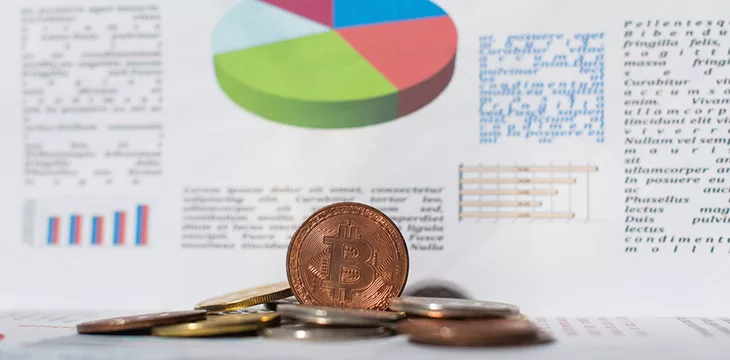|
Getting your Trinity Audio player ready...
|
Acting chief of the U.S. Office of the Comptroller of the Currency (OCC), Michael Hsu, praises the tokenization of real-world assets while noting a drop off in interest in digital assets due to the space being “replete with fraud, scams, and hacks.”
Hsu said on Tuesday that he’d seen a drop in interest in “retail” digital assets; however, the tokenization of real-world assets is an area of significant promise.
Speaking at DC Fintech Week, Hsu said that after talking with financial institutions, technology firms, and other regulators around the globe over the past few years, he has seen a recent decline in interest in digital assets.
The digital asset space is mostly retail-focused; “it tends to be driven by the hope for speculative gain,” said Hsu. “That seems to be the main fuel, and interest in crypto is that maybe I can make some money by investing in X, Y, or Z.”
However, enthusiasm for this retail side of things has been dampened recently, said Hsu, largely because the space “remains replete with fraud, scams, and hacks.”
The recent judgment in the trial of disgraced former CEO of FTX Sam Bankman-Fried underlines this sentiment. Earlier this month, the jury took only five hours to unanimously find Bankman-Fried guilty on seven charges, including using $8 billion in FTX customer and investor money to purchase non-blockchain assets like sports sponsorships and real estate and make large donations to Democratic political campaigns; he now faces a potential sentence of up to 115 years in prison.
Despite this, Hsu, who heads one of the primary regulators overseeing banking in the U.S., said that the tokenization of real-world assets is distinct from retail “crypto” and could provide important solutions in the finance space.
“Tokenization is focused on solving an actual problem, and that problem is settlement,” said Hsu. “When I talk to folks, there is increasing interest in tokenization because it solves a problem, and less and less interest in crypto.”
Typically, when a real-world financial asset is exchanged, it will need to pass through multiple intermediaries and checks before it is eventually received by the buyer. This can be a costly and timely process that also increases the risk of failure.
Hsu suggested that “tokenization holds the promise to collapse that and to simplify it if it’s done right.”
Watch: Tokenizing assets on a scalable blockchain

 07-04-2025
07-04-2025 





